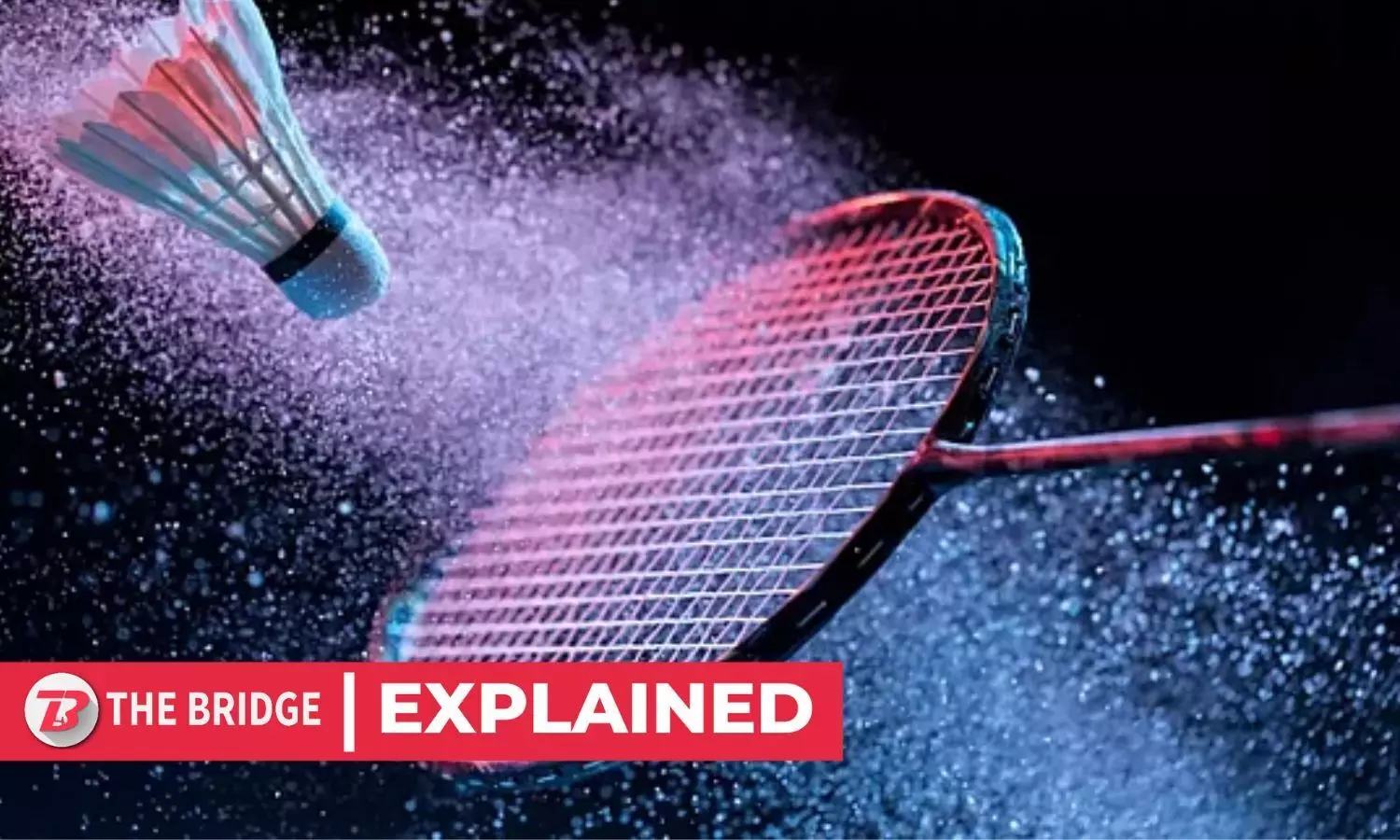News
Explained: The new draft National Code Against Age Fraud in Sports 2025
With a digitally backed verification system, penalties, and an enforcement framework, the code aims to curb age fraud.

The Ministry of Youth Affairs and Sports has announced the Draft National code that addresses age fraud, which has long been a challenge in Indian sports, especially at the junior level, where overage athletes often compete in lower age categories, denying younger talents their fair chance.
One such case involves Indian badminton star Lakshya Sen, who, along with his family and coach, has been accused of age fraud. Filed in 2022, the case has gained traction in recent days, with the Karnataka High Court ordering further investigation before the Supreme Court put a stay on the order.
To tackle and prevent matters such as this, the ministry has introduced the National Code Against Age Fraud in Sports (NCAAFS) 2025, a significant update after nearly 15 years.
The proposed law introduces stricter age verification, harsher penalties, and a digital database to prevent manipulation and ensure fair competition.
Mandatory age verification & Digital ID cards
A key feature of NCAAFS 2025 is the introduction of a mandatory age verification process. Athletes must submit three essential documents for verification:
- Birth certificate
- School leaving/transfer certificate
- Government-issued ID (Aadhaar, passport, voter ID, etc.)
Once an athlete’s age is verified, it will be permanently locked in a centralised digital database, preventing future alterations.
To ensure accessibility, QR-enabled ID cards will be issued to athletes, stored digitally via DigiLocker, and made mandatory for participation in all sporting events.
Strict penalties for age fraud
The NCAAFS 2025 proposes strict punishments for age fraud to deter violations:
- First-time offense: A two-year ban from all competitions, along with forfeiture of medals, titles, and benefits earned fraudulently.
- Second offense: A lifetime ban from competitive sports and legal proceedings under the Bharatiya Nyaya Sanhita (BNS), 2023.
- Coaches and officials involved in age fraud will face suspensions and debarment from their roles in National Sports Federations (NSFs).
One-time amnesty scheme
Given that some athletes may inadvertently committed in age fraud, the government has introduced a one-time amnesty scheme. This allows athletes to voluntarily declare their correct age within six months of the policy’s implementation without penalties.
Those who participate in the scheme will undergo a performance review and be reassigned to the appropriate age category
Whistleblower platform
To encourage the reporting of age fraud, the NCAAFS 2025 proposes a secure whistleblower platform where stakeholders can report violations anonymously.
- A ₹5,000 filing fee will be charged for complaints to prevent misuse.
- If a complaint is found valid, the fee will be refunded, and the whistleblower will receive a ₹2,000 reward.
- If a complaint is false or frivolous, the fee will be forfeited.
Medical examination for age discrepancies
For cases where an athlete’s age is in doubt, the draft code mandates a scientific age verification process, which includes:
- General physical examination
- Dental examination
- MRI scans & TW3 bone maturity assessment
- AI-based bone assessments (pilot phase)
If an athlete disputes the results of these medical tests, they can appeal through a two-tier appellate mechanism for a re-evaluation.
Compliance Officers & Centralised Digital Portal
To ensure effective implementation, the Sports Authority of India (SAI) and National Sports Federations (NSFs) will appoint regional compliance officers to oversee age verification.
A centralised digital portal linked to the National Sports Repository System (NSRS) will securely store all age verification data, ensuring transparency and accountability.
The NCAAFS 2025 will be applicable to:
- Athletes at all levels (national, state, and district)
- Coaches, team officials, and administrators
- National Sports Federations (NSFs), Sports Authority of India (SAI), government sports boards, PSUs, NGOs, and private sports academies
With age fraud in sports, age verification in Indian sports, digital athlete ID cards, QR code verification, whistleblower protection, penalties for age fraud, fair play in Indian sports being major concerns, the NCAAFS 2025 aims to eliminate age manipulation and ensure a level playing field for young athletes.
The government has opened the draft for public feedback until March 31, allowing stakeholders to contribute before the final version is enacted.
